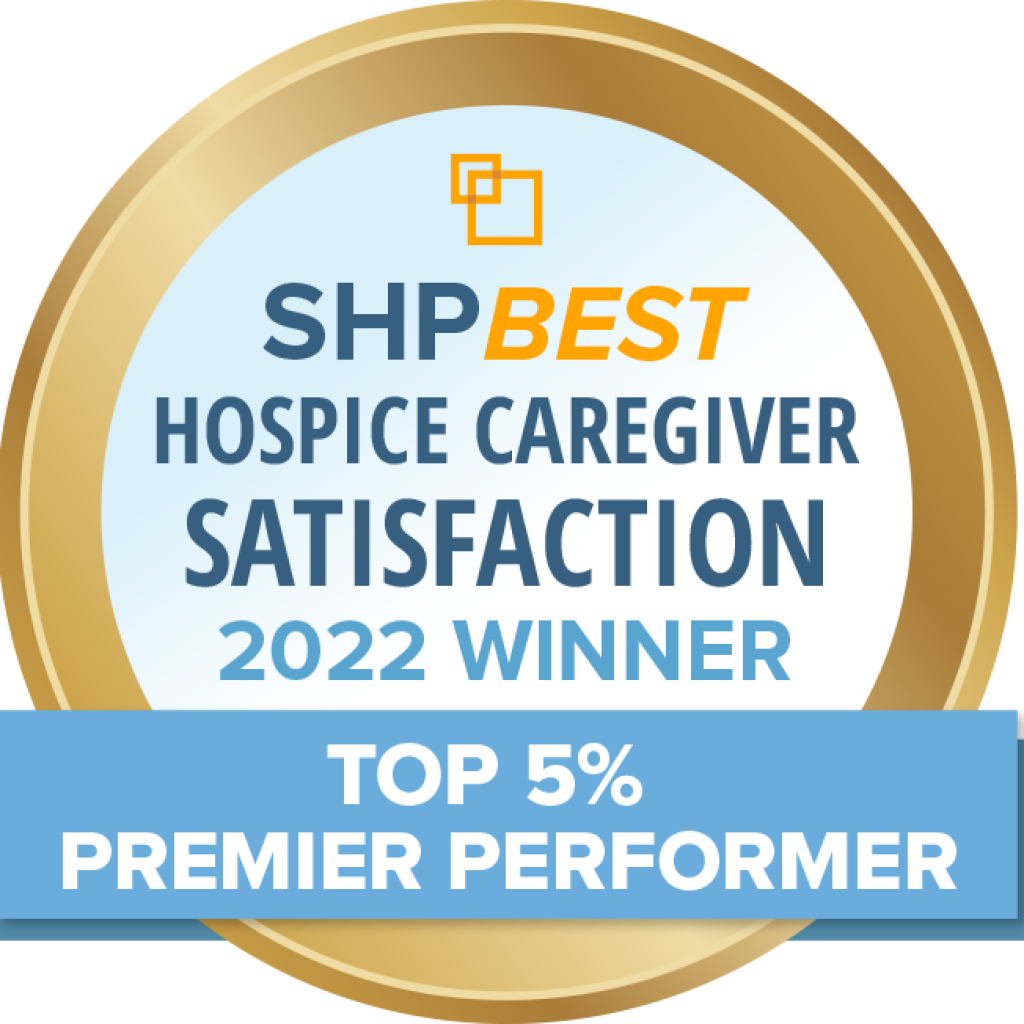Home Health Care can be Ground Zero for Help with Incontinency
Incontinency is not a disease, rather a symptom of other associated problems
People receiving home health care are fortunate to be in the comfort and stress free surroundings that their home provides. They perform their activities of daily living in full view of their care providers, thereby giving the home health nurse the unique opportunity to observe and asses many functions of their patient in their normal daily routine. During this home care period, clinicians are able to address the problem of incontinency that may not be apparent in a hospital setting, or with out the home health evaluation. The elderly make up 86% of home bound patients, and, 80% of the elderly over age 65 deal with the problem of incontinence. The inability to control the passage of urine is not a disease in and of itself, but often a symptom of other associated problems. Home health professionals have the advantage of a thorough knowledge of their patients and must be diligent in addressing this problem because incontinence may give clues to more significant problems such as spinal injuries, stress, depression or even prostrate cancer. Home care nurses hold the key to gaining further insight to the elderly patient’s health which opens opportunities for a healthier and more independent lifestyle. Home health care was the fastest growing category of spending between 2004 and 2007 as more and more elderly prefer care in the comfortable surroundings of their home, and costs of hospitals and nursing homes escalated. Eldercare is the majority of a home health care provider’s service. They not only have the opportunity, but the responsibility to investigate incontinency when evaluating their patients. Incontinence is not the inevitable result of aging and in fact, 86% of those with incontinence issues who seek medical intervention can not only see improvement, but may also completely restore their ability of control. Treatment varies depending on the specific cause, and could be significantly improved in elderly patients by things as simple as a change in diet or exercise. There are Six Types of Incontinence:- Stress – increase of pressure prompted by an activity or movement (exercise, laughing, sneezing, or coughing)
- Urge which occurs when the bladder contracts when it shouldn’t
- Mixed incontinence – involves both stress and urge.
- Overflow – when the quantity of urine produced exceeds the bladder’s holding capacity
- Reflex – when the person is unaware of the need to urinate which may be caused by a abnormal opening between the bladder and another structure.
- Surgeries which may destroy pertinent nerves or muscles.



